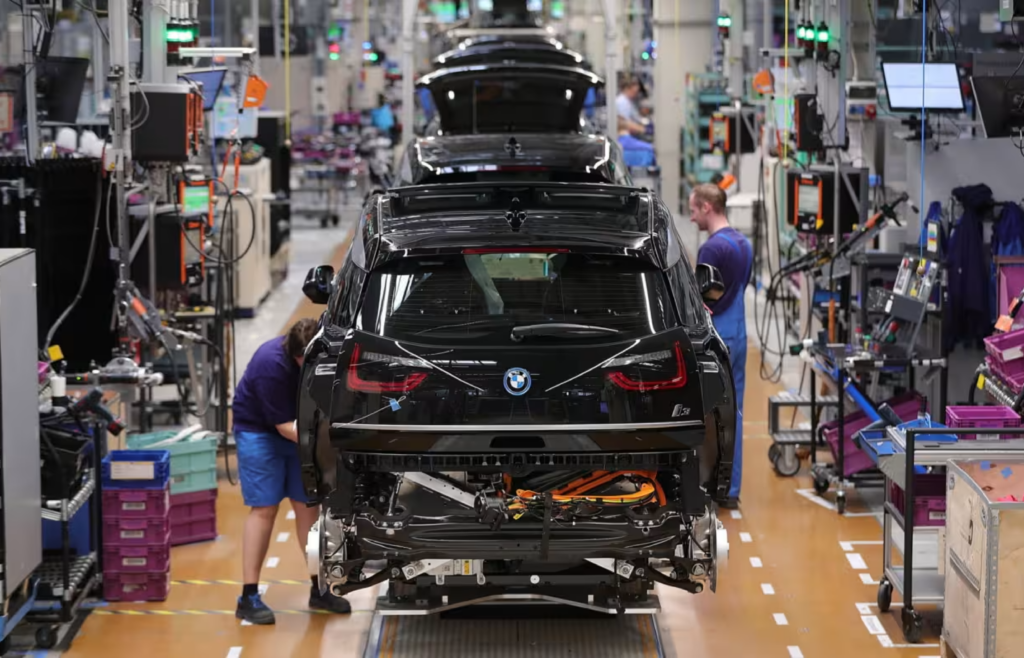Opinion article signed by Brooke Masters.
With the spread of electric vehicles and more sophisticated systems, the management of updates will only become more important as they become more popular, and the digital information and safety systems of gasoline vehicles become increasingly sophisticated. Corrections to software were responsible for 15% of vehicle recalls in the US last year, compared to 6% five years ago, according to data from the National Highway Traffic Safety Administration. Last year, BMW was the target of three recalls. software in the US, more than many of its rivals, according to the same entity's records.
Overall, Ford registered the highest number of cases, with 19, closely followed by Chrysler. Tesla had the largest share of the market, with 50% of the 16 recalls requiring corrections. software. This is not surprising, given that electric cars are much more dependent on the software and have fewer parts than internal combustion engines. But the data on recalls only scratches the surface of a major problem. software broader: Like cell phone providers, car manufacturers regularly use updates to improve existing features and sell new services to existing customers.
Most manufacturers send out regular updates, covering everything from internal lighting modes and improvements in battery use to important safety changes. "It used to be that you could manufacture a car, wrap it up and sell it," said Kevin Mixer, senior analyst at consultancy Gartner. "The automobile is now a living platform... Companies are learning in real time."
This is proving more difficult for traditional car manufacturers than for emerging competitors. Last year, when Gartner ranked car manufacturers according to their digital performance, the top seven were all Chinese and US electric vehicle manufacturers, including Rivian, Tesla and Nio, while traditional manufacturers got a dismal average score of 33 out of 100. The problems of software have delayed recent launches at companies such as Volvo and General Motors. Frustrated with in-house software development, Volkswagen executives signed a 5 billion dollar partnership with Rivian last summer.
Updates to software are also revenue opportunities in their own right. Accenture predicts that by the 2040s, digital services could generate up to 3.5 trillion dollars a year for car manufacturers, representing 40% of total revenues, compared to 3% today. The possibilities range from upgrading to heated seats and automatic parking to allowing drivers to buy high-quality food, fuel and entertainment directly from inside the vehicle. But that lucrative future will have to wait until the automotive industry masters the art of in-vehicle upgrades. software flawlessly.
The continuation of the original article via Financial Times can be read here.


